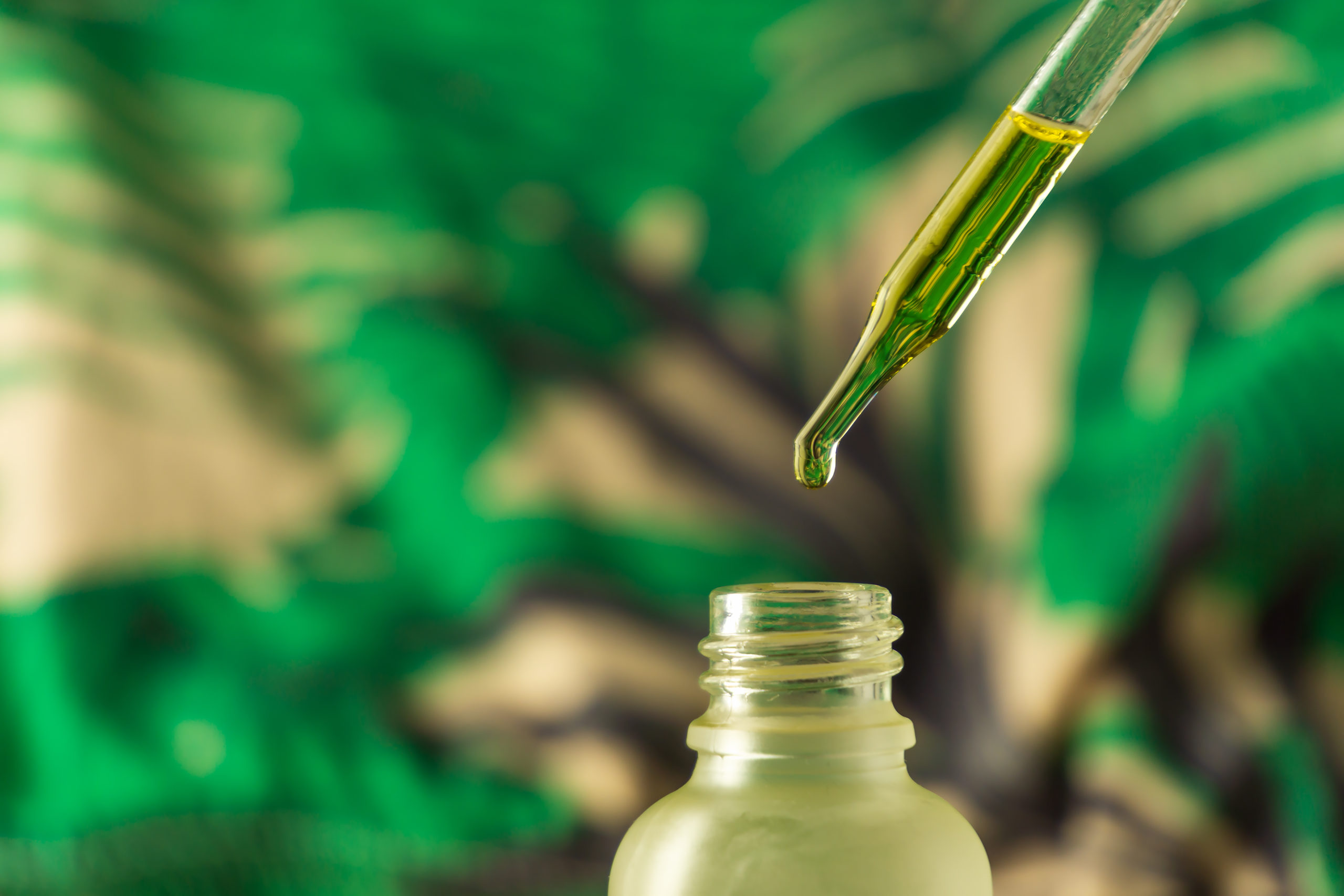Connect with us
Published
2 years agoon
By
Tyler Shultz
According to a new poll by C.S. Mott Children’s Hospital National Poll on Children’s Health at the University of Michigan Health, many parents know very little about cannabidiol (CBD), CBD products or its uses for children.
The poll surveyed 1,992 parents nationwide of children aged 3-18 years old about CBD and the use of the compound for children and found about 80 percent of parents confirmed they knew little to nothing about CBD use in children. Although CBD products only have up to 0.3 percent THC content, the compound in cannabis that causes a high, 35 percent of the respondents thought CBD and cannabis were more or less the same thing.
The poll also revealed 17 percent of parents are familiar with CBD use in children at some level and three percent claiming they know a lot. The poll revealed the two most important factors parents took into account when determining whether to give their children CBD products are the side effects and whether or not the product was tested for safety in children. Parents also took into consideration the efficiency in children, a children’s doctor recommendation, U.S. Food and Drug Administration approval and product reviews.
Of the seven percent of parents who had given or thought about giving their child CBD products, only about one-third of those respondents discussed the topic with their child’s physician. The poll results showed about 75 percent of parents agreed CBD for children should require a prescription. The most common reason parents would think about giving their child CBD products was to treat anxiety, followed by sleep problems, ADHD, muscle aches, autism and general wellbeing.
As many as 83 percent of parents said CBD products should be regulated by the FDA. The only CBD product currently approved by the FDA is Epidiolex, a prescription drug used to treat some forms of epilepsy. Echo Pharmaceuticals has developed Arvisol, an oral tablet containing pure CBD to be used in the treatment several neurological disorders including schizophrenia and epilepsy is currently undergoing Phase I clinical trials, and Zynerba Pharmaceuticals is developing Zygel, a CBD-based gel designed to treat Fragile X syndrome, adult seizures and encephalopathies.
While there has been little research on the effects of CBD use on children, there have been many anecdotal recounts of the compound helping to treat anxiety, pain and inflammatory diseases. A Turkish study found long-term use of cannabis extracts with high percentages of CBD and low THC results in reduced symptoms in children with autism spectrum disorder.
Findings from the poll mirror a previous study that showed most people don’t know the difference between CBD and THC. A survey of over 1,000 people conducted by Invisibly found 58 percent of respondents didn’t know the difference between products CBD and THC-containing products. Of the respondents, 62 percent said they had never tried a CBD product and 53 percent said they would not consider using CBD for any reason. The study postulated the lack of understanding the difference between the two compounds leads to more people unwilling to try CBD products for any reason.
Analysis of the global CBD market found increasing awareness of the therapeutic properties of CBD has expedited market growth, resulting in the global CBD market estimated to reach over $47 billion by 2028, up nearly $5 billion in 2021. The analysis completed by Vantage Market Research mentioned the increasing applications of CBD in the skincare industry to fuel growth in the market as more brands and retailers continue to launch their own lines of CBD skincare products. Market growth is also expected to be attributed to increasing research and development surrounding CBD, including the increasing incorporation in food and beverage products and rising heal consciousness among consumers.


Study Reveals State Cannabis Legalization Lowers Immigrant Deportation


DEA Challenges Bid To Use Psilocybin Under ‘Right To Try’ Legislation


Vegans Rejoice as Farmers Switch from Chickens to Hemp


Louisiana Legislative Committee Unanimously Passes Adult-Use Cannabis Framework Bill


Louisiana House Bill to Regulate Hemp Products Advances Along With Senate Bill to Ban


Cresco Labs Workers Reportedly De-Unionize
